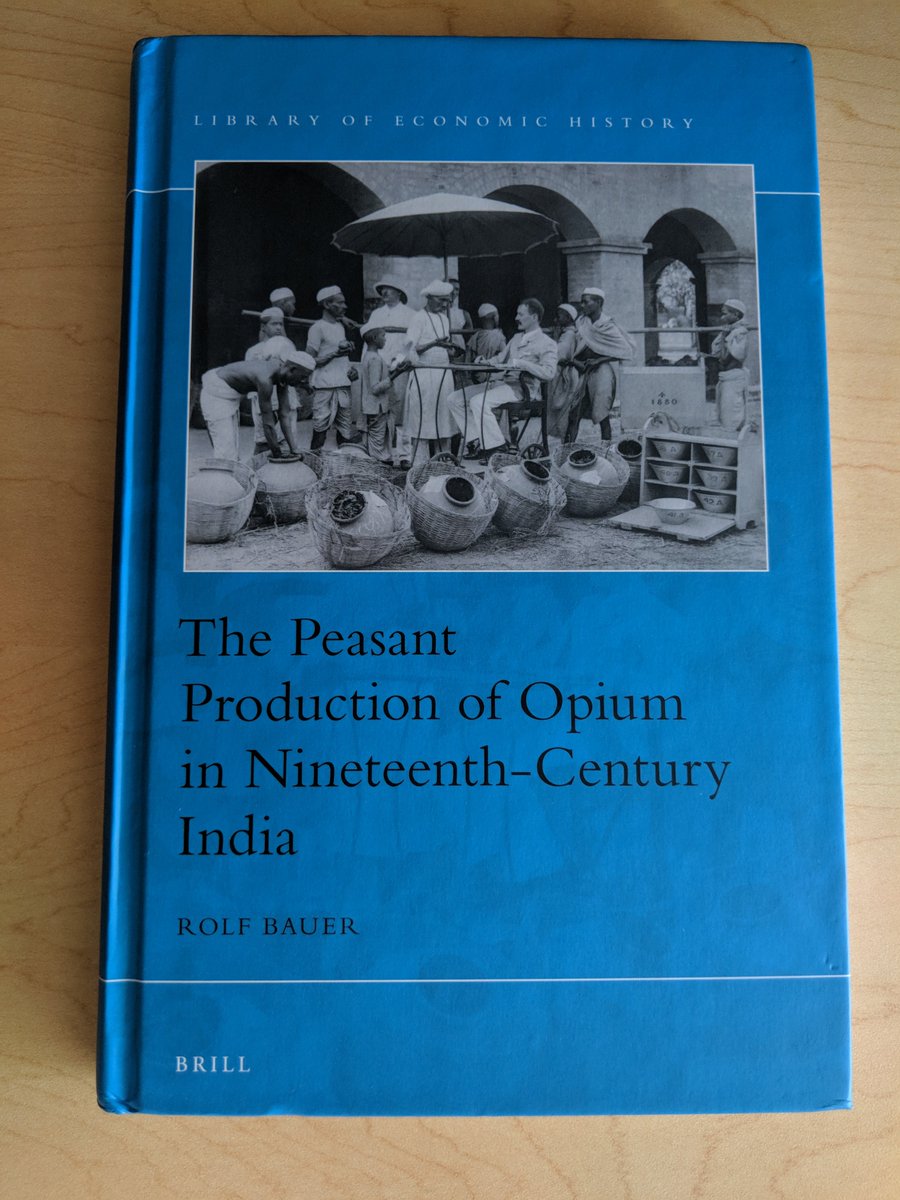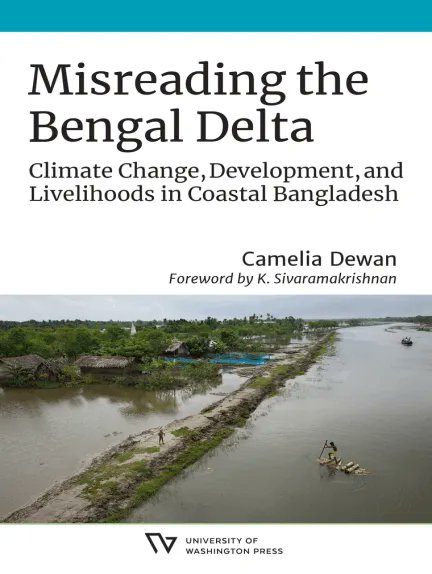Thread: The @nytimes' superb articles on slavery & capitalism made me doubly glad to receive this excellent new study of another commodity that was foundational to modern capitalism: opium, produced under duress in the narco-state that was British India. 1/4 

Rolf Bauer's book is the first overview of opium production across India. He shows that Indian farmers were forced to produce opium, at a loss. But the British Raj (& many British, Indian & American merchants) made immense profits, at a terrible human cost for China & SE Asia.2/4
The British Empire was the world's largest narco-state (but not the first, that'd be the Dutch - see below). Many leading US capitalist (and even presidential) families also had their start in opium. This history is essential to today's opioid crisis. 3/4 academic.oup.com/shm/article-ab…
Bauer's book needs to be widely taught in courses on economic & imperial history. There's a price to pay for whitewashing the history of imperialism -Britain is paying it now, with imperial nostalgia & Brexit.
Finally, it was great to see this abt my Ibis Trilogy in the book 4/4
Finally, it was great to see this abt my Ibis Trilogy in the book 4/4

• • •
Missing some Tweet in this thread? You can try to
force a refresh






